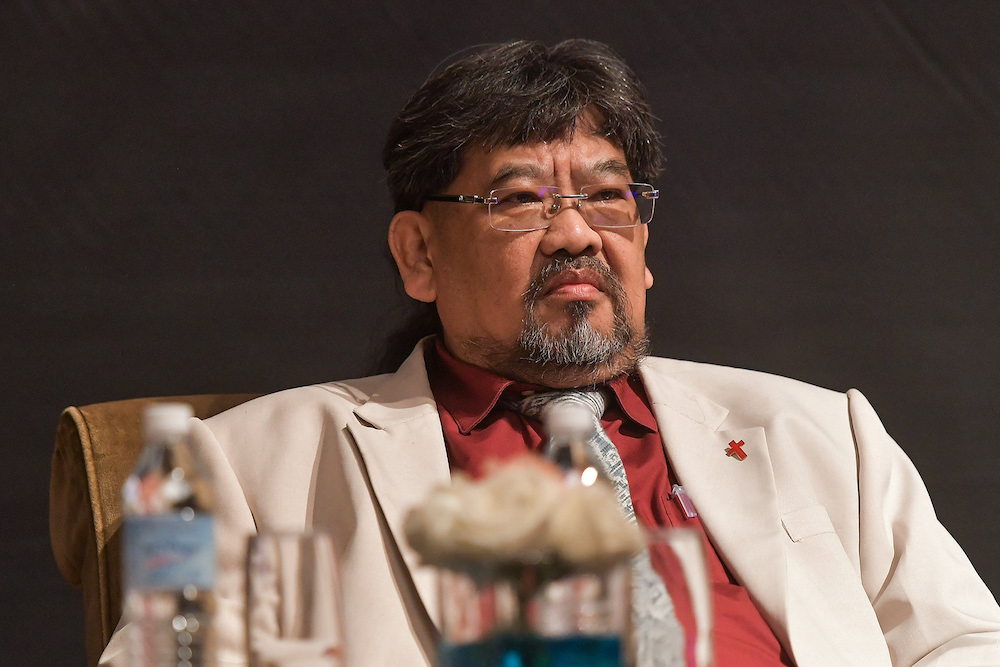KUALA LUMPUR, Oct 19 — Educationist Datuk Satinah Syed Salleh urged the need to promote unity in schools, saying the education system is broken and the public is still talking about rights, race and religion despite achieving independence more than 50 years ago.
Speaking in a forum, she said it is unfortunate that Malaysians are still caught in a whirlwind of race and religious rhetoric and are questioning each other’s rights, rather than working together in unity.
“I don’t want to talk about blame but partly I’d say politicians are the biggest culprits, and if I may use this word, ‘screwing up’ a lot of education in our country. They just mess up a lot of things and we have to suffer,” said Satinah, during a forum organised by the Institute For Democracy And Economic Affairs (IDEAS).
The former education policymaker was part of a forum on the education system and national unity, that was asked on the need to teach unity and tolerance in schools now compared to years past where it was not necessary.
“It’s very sad as I have gone through the education system and worked for the ministry and we had a lot of good programmes. We never spoke about race. But certain things we were not able to implement because [politicians] did not allow us to implement these things.
“So how can we allow the future of our country to be determined by politicians? We cannot, it is very sinful,” said Satinah who is currently a board member for Universiti Pendidikan Sultan Idris.
Satinah said the Ministry of Education must continue to promote unity programmes in schools as that is part of its job, but parents and teachers must also play their parts.
She said there is a lack of proper teaching in schools these days where teachers, especially religious teachers, spread baseless religious rhetoric to their students, that she said are far from Quranic teachings.
“I personally feel we do not have good leaders and teachers in the schools these days because we’re not choosing the right people for the job.
“I know Maszlee is doing his best but he needs to do it with proper advice and vision to move forward. I believe nowadays we shouldn’t have principals who are all Melayu,” Satinah commenting on Education Minister Maszlee Malik and his ministry.
“We need to change this attitude and choose the best leaders for the school. This applies for public universities as I feel gone are the days where we say the [vice-chancellor] must be a Malay.”
Satinah’s sentiments were echoed by academic Jayum Jawan, who said out of the 20 public universities, only one has a non-Malay vice-chancellor.
The professor said this applies to most ministries in the government where one race, usually the Malays, dominate almost 80 to 85 per cent of the jobs.
Jayum questioned these ministries and the example they are setting for Malaysia and how they expect the remainder 39 ethnic groups in Malaysia to listen to what they have to say especially when making policies or laws for everyone to follow.
“There is enough empirical evidence to suggest that we do not do well to promote diversity nor promoting national integration,” said Jayum.
“If you want to develop a policy and one ethnic group is making all the decisions and forcing it down on the rest of the 39, do you think they will have a sense of belonging?”
“I do not think so,” said the professor of politics and development from Universiti Putra Malaysia.
Another panellist, Mohd Tajuddin Rasdi from UCSI University agreed with Satinah and Jayum and added that school teachers these days are at times lacking in quality, especially the religious teachers.
“The way forward in my opinion is the Malays can only change if these so-called teachers of Islam change. Certain situations need to be progressive but when they become conservative it’s game over.
“The good approach would be to expose these ustazs to what it’s like to be a minority by travelling and observing other cultures so they can see the bigger side of things as right now they are basing their ideas only on the Malay culture or construct.”






















